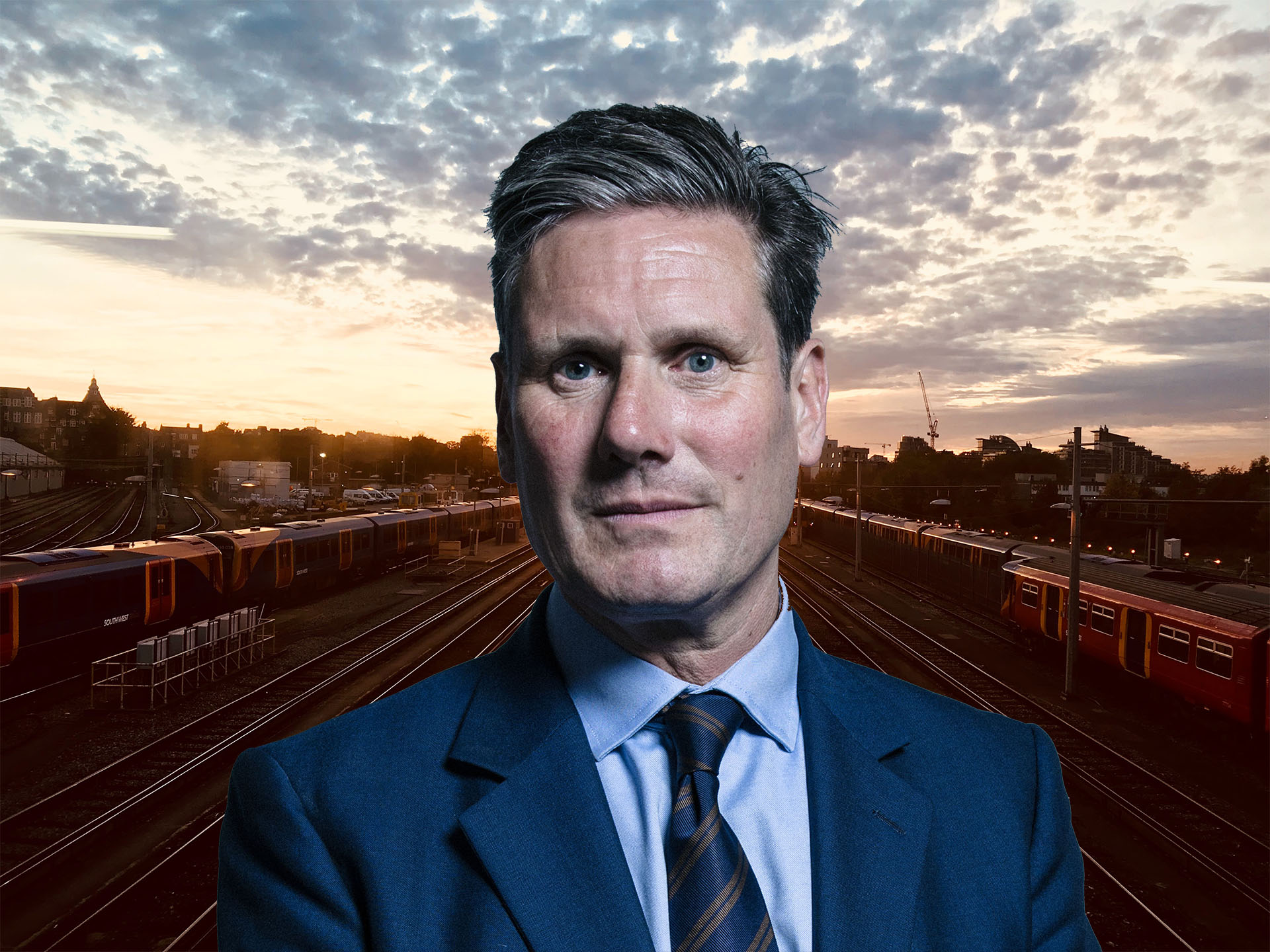To the surprise of almost no one, Sir Keir Starmer was on Saturday elected Labour’s new leader.
It is the end of what for some has been a painful five years where lurches to the left meant increasing irrelevance at the polls. Within the built environment industry, many looked upon the anti-business rhetoric with dismay.
Before COVID-19, housing and infrastructure were in the political spotlight more so than for years. Will Starmer’s coronation help keep it so?

Keir Starmer
The starkest change will (hopefully) be in the new professionalism we can expect Her Majesty’s Opposition to exude.
The MP for London’s Holborn and St Pancras (home to the London terminus of HS2), Starmer held a successful career as a barrister culminating in a stint as Director for Public Prosecutions. He knows how to run an organisation, how to get things done and how to lead.
He did oppose HS2 because of impacts on his constituents but has more recently championed greater connectivity. His opposition to Heathrow expansion on environmental grounds is slightly balanced by support for the significant green infrastructure investment in Labour’s ‘new green deal’ policies.
We can expect his commitment to climate policy to add further weight to the scrutiny being levelled at projects.
Keir’s shadow cabinet
Starmer’s appointment of Steve Reed to the shadow communities and local government brief is a positive sign. He transformed the London Borough of Lambeth as its leader during which time he was elevated to deputy chair of the Local Government Association.
Whilst leading Lambeth, Reed championed the jobs and community benefits arising from one of Europe’s most significant projects, the regeneration of Nine Elms – co-chairing the partnership that led this redevelopment brought him in proximity with the then mayor of London and now prime minister Boris Johnson.
Reed understands local government and will bring huge value to the COVID-19 response as he works with his opposite number in supporting local authorities on the frontline. His experience means we can be hopeful that as we emerge into a new normal, Reed will make a positive contribution to this important brief.
Similarly, Bristol MP, Thangam Debbonaire’s new role as shadow minster for housing is excellently suited to an MP in a city where the likes of Councillor Paul Smith and others are battling the housing crisis trowel in hand.
Starmer’s appointment for transport, Jim McMahon, is another positive. A keen supporter of HS2, his eloquent criticisms of economic assessments for major infrastructure when used anywhere outside of London and the south east are something many reading this will agree with wholeheartedly.
What does it mean?
These new shadow cabinet appointments provide some insight on the positive contribution to housing and transport policy Starmer’s Labour can offer.
In the four years before the general election, Labour’s influence will be entirely predicated on their ability to communicate a vision that chimes with the electorate.
Obviously, there are more pressing issues at hand but as we look ahead, Labour’s role in scrutinising and propelling the government’s investment in housing and infrastructure will be vital to ensuring we emerge from these difficult times into a better place.
Starmer and those he’s surrounded himself with have the knowledge and expertise to keep the government true to these pledges – whatever they look like in the future.


